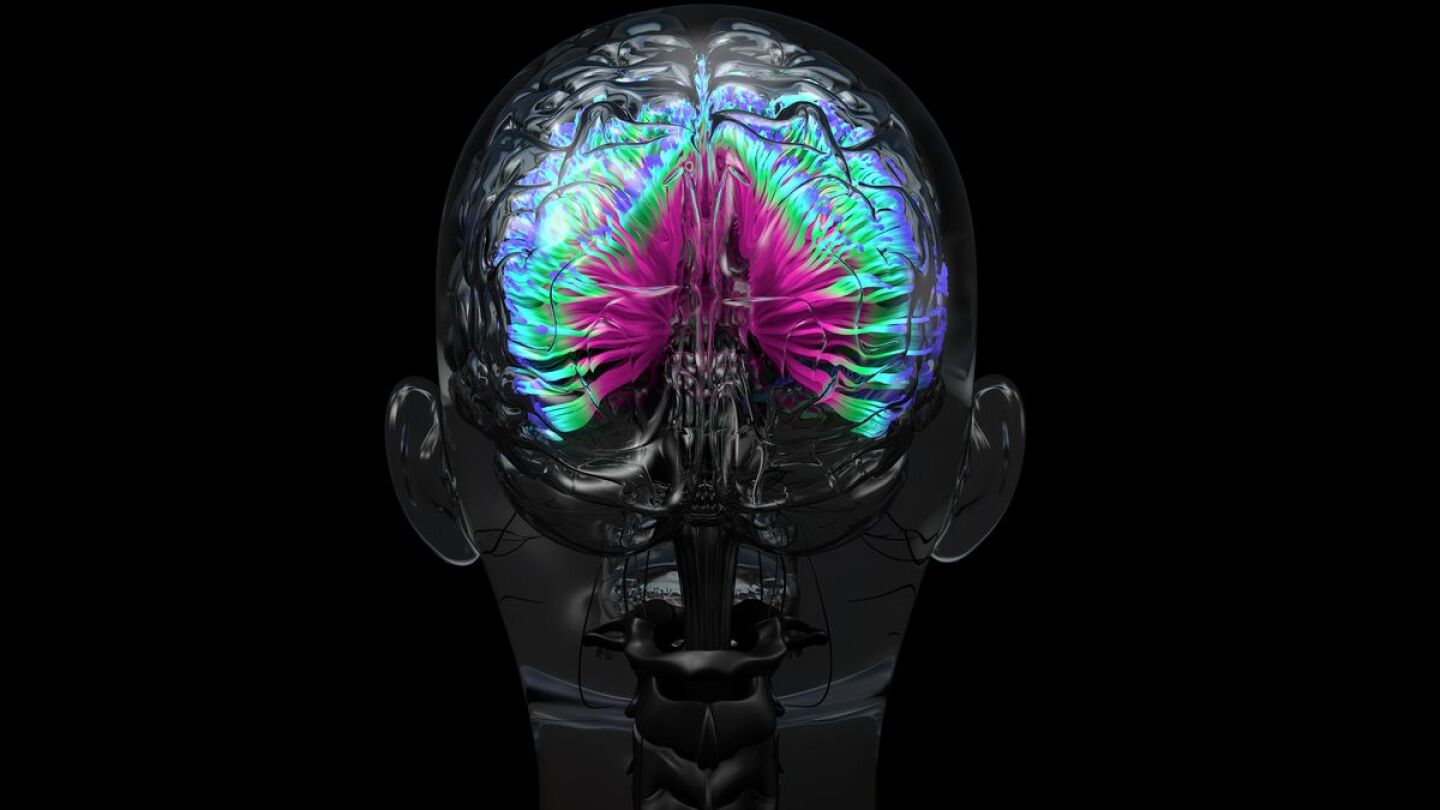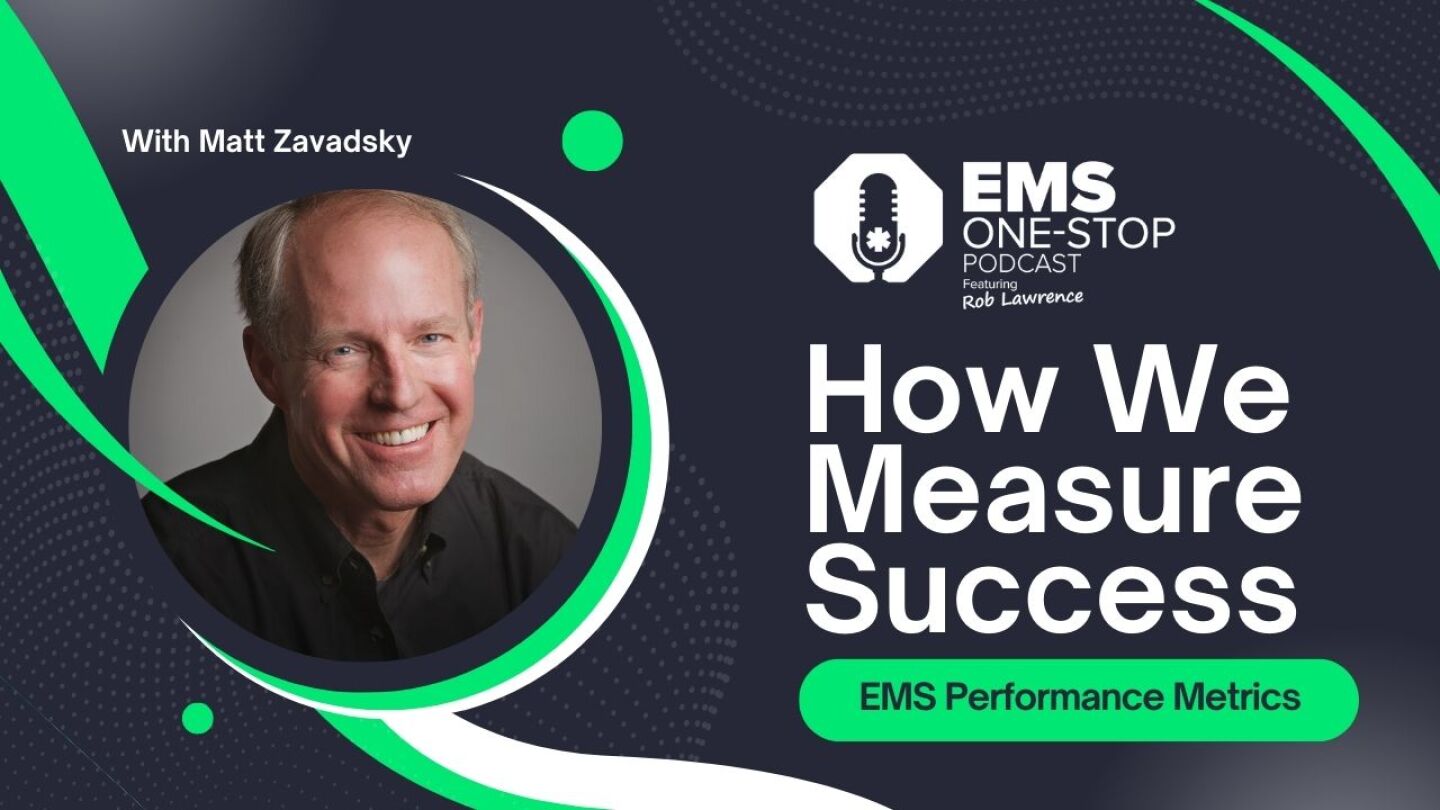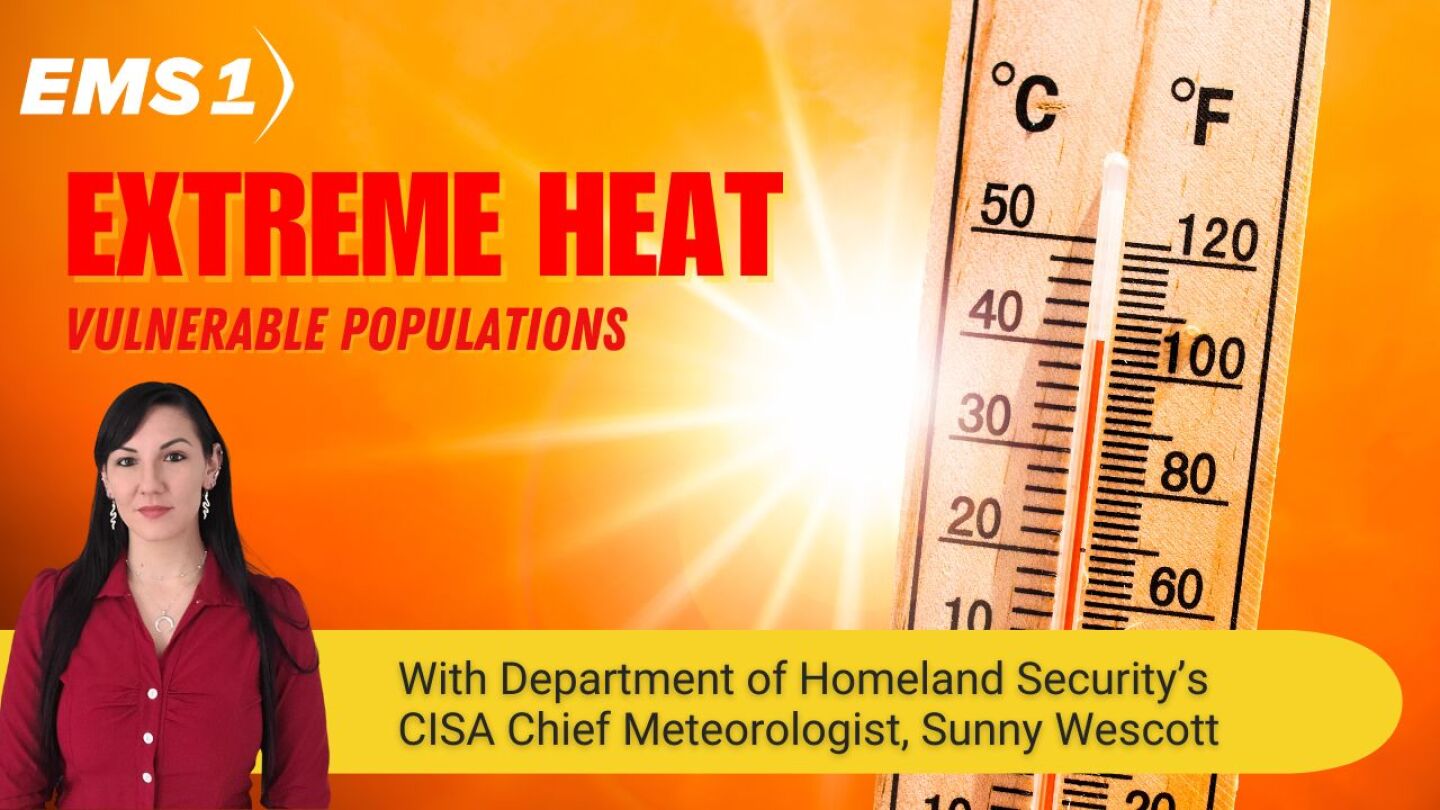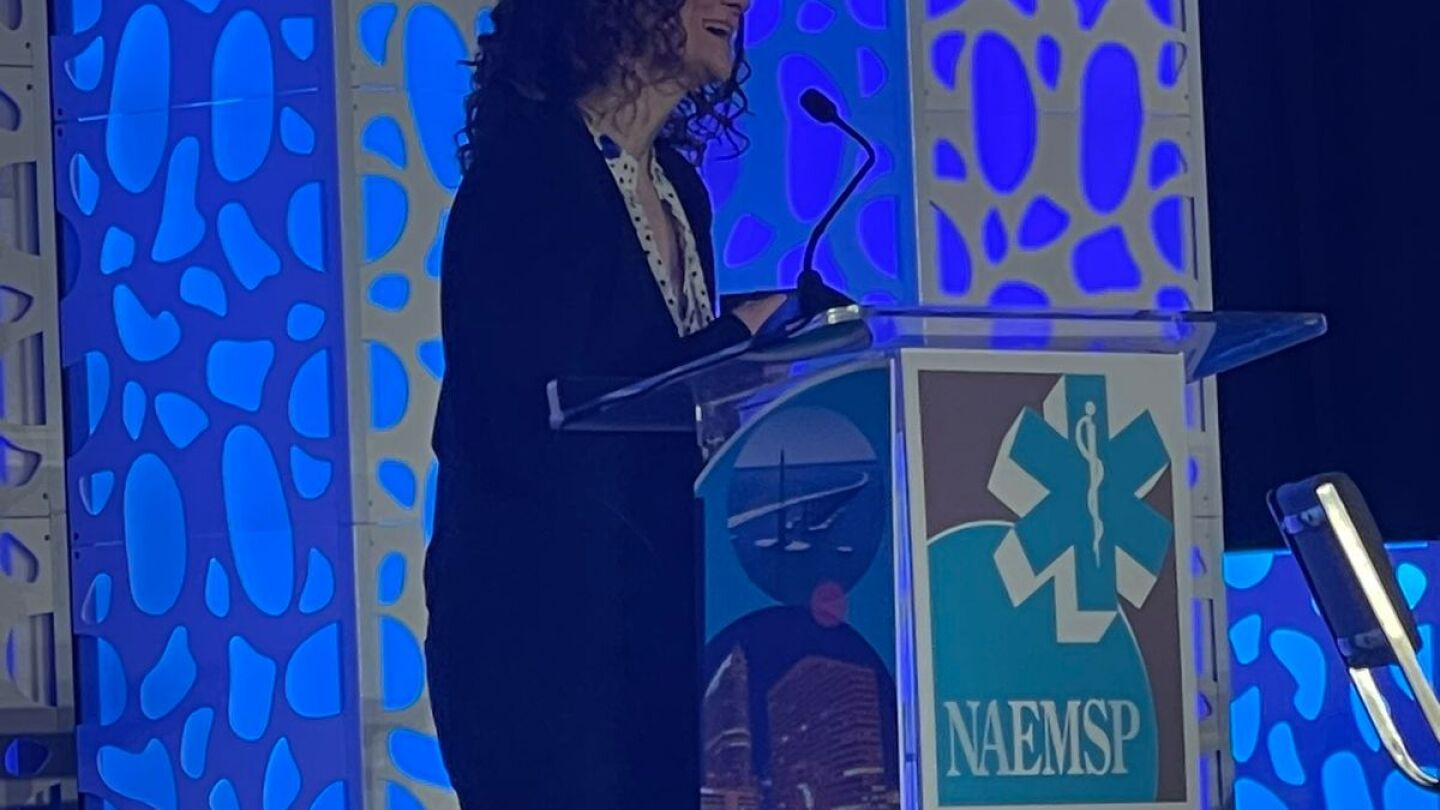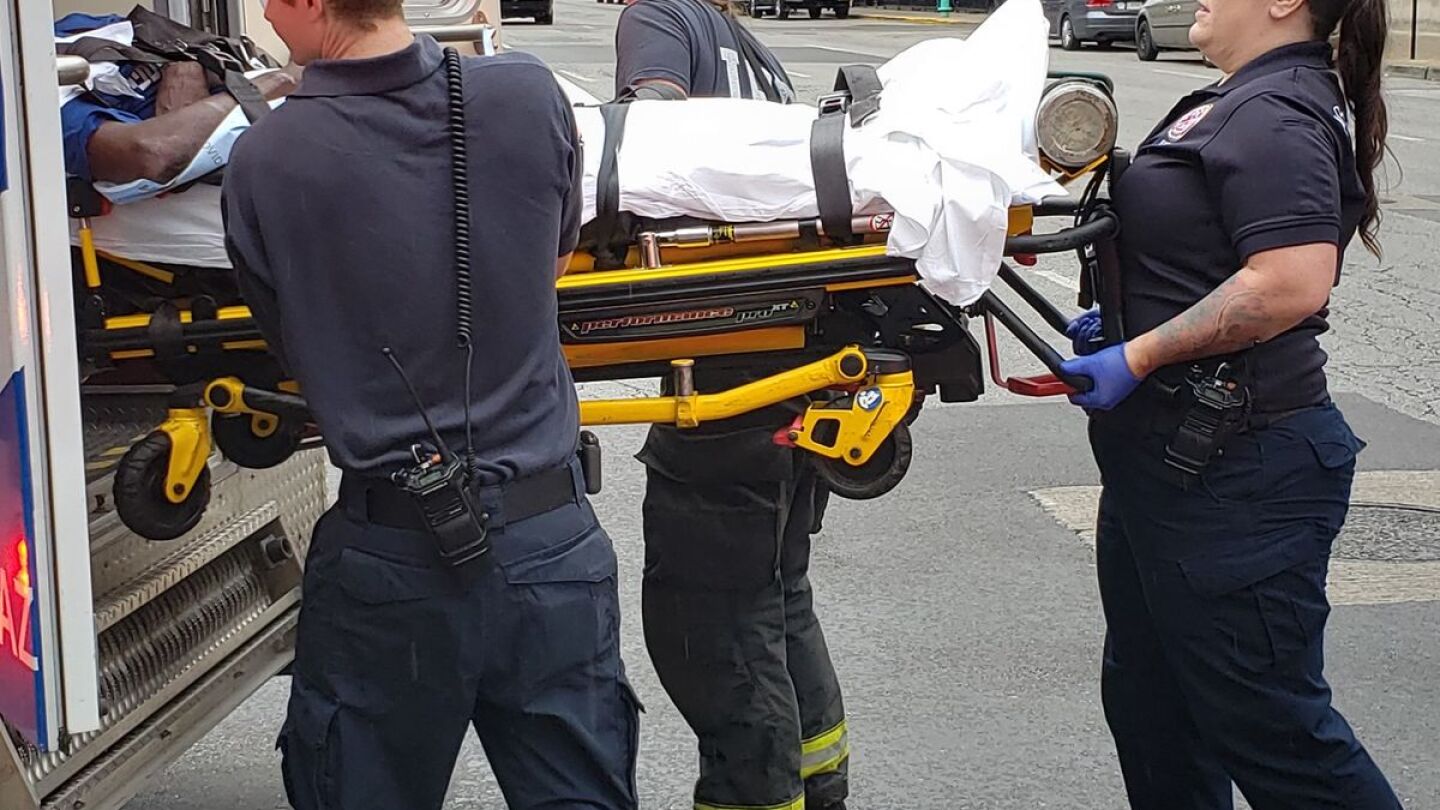NAEMSP
Every year, EMS1 reviews the newest tools, techniques and lessons learned from recent events shared with EMS physicians, leaders and medical directors at the National Association of EMS Physicians Annual Meeting. Read expert analysis from educational sessions and find NAEMSP news here.
Scene safety and awareness are critical to prehospital patient care
The MEDS Act would fund essential supplies, study EMS workforce needs and formalize EMS in federal healthcare law
A joint NAEMSP, NASEMSO, NEMSMA, NAEMT, APA position statement prioritizes patient and provider safety
“You can’t oversee EMS medicine from behind a desk.” With a full-time medical director, providers gain a mentor, coach and advocate.
EMS fatigue management initiatives should include education and training about fatigue, providing access to caffeine and encouraging on-shift napping if possible
An explainer and action plan based on the Consensus Statement of NAEMSP, IAFF and IACP
Learn what the guidelines say about titration, selecting a sedation agent and monitoring sedation
Matt Zavadsky on performance measure recommendations that prioritize quality over response times
Review how your own community prepares for special events for these essential elements
NAEMSP and NATA recommend a cool first, transport second approach to exertional heat stroke treatment with cold water immersion therapy
Patients may benefit from air transport when one or more of these needs are identified
Why quality improvement concepts should be integrated into EMS education
“There is no substitute for experience. Yet, regardless of experience level, it is important to consider how EMS education can teach situational awareness”
Five options for exchanging the SGA for an endotracheal tube
Position papers on neuroprotective CPR and pre-hospital transfusion of blood products were previously endorsed at the annual NFPA Urban Fire Forum
President José G, Cabañas MD, MPH, FAEMS, said the non-clinical forum sets a dangerous precedent related to patient care
Assessing prehospital management and outcomes in patients assessed for hypoglycemia
Maia Dorsett and Nikki Little share a journey to improving care through a multi-modal NAEMSP approach
Another tool in the diagnostician’s briefcase
Examining cardiac care in the absence of STEMI following ROSC
Lessons from a bystander responder and co-survivor of SCA, Kristin Flanary – Lady Glaucomflecken, lifesaver, CPR champion and keynote extraordinaire
Takeaways from the 90-plus posters on display at this year’s National Association of EMS Physicians annual meeting
Teaching points from the ‘malpractice or murder’ case: Action steps for EMS practitioners
The leadership development workshop will include take-home strategies
How do medical directors and educators support EMS clinicians in developing practices that improve the diagnostic process?
Exploring the limitations of lung auscultation and pulse oximetry
The attempt to eliminate all error is a fruitless endeavor as long as we have human beings acting at the point of care




